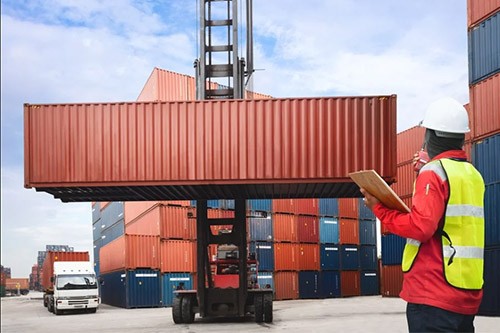Clearing agents have expressed fear that the removal of fuel subsidies would lead to a 100 per cent increase in clearing costs.
The agents, in separate chats with our correspondent in Lagos on Tuesday, said they had started recording the increase in costs, especially in terms of logistics.
The Ports & Terminal Multipurpose Limited Chapter Chairman of the National Association of Government Approved Freight Forwarders, Thomas Alor, admitted that though activities in the sector had been low for some time, it would be worst in the coming months if nothing is done to address the issue of fuel subsidy removal.
He said, “Before now, clearing work has been low; there has been a drop of about 40 per cent in importation. In as much as we can’t say the problem with clearing is the fuel subsidy removal because it has not been long since the issue of subsidy came on board. But what I know is that it will affect the cost of clearing, the cost of transportation, and the high cost of diesel and petrol because transporters have already increased their fares.
“For instance, where trucks usually go for like N300,000 may likely go up to like N400,000- N500,000 because the increment in petrol is more than 100 per cent. Before now, fuel was N180 per litre. It has risen to N488 per litre upwards. So, the fuel subsidy removal will cause an increase in the clearing cost, talking about logistics costs. In terms of logistics, transportation, movement of the cargoes and people coming to work it is going to cost about 100 per cent increase in the cost.”
Corroborating Alor, a former Apapa Chapter Secretary of the Association of Nigerian Licensed Customs Agents, Frank Obiekezi, said the removal of fuel subsidy would cause a significant increase in clearing costs in terms of transportation and other costs.
“Now as we speak, transporters have reviewed the costs of hiring their trucks. For instance, from Tincan port to Apapa that we formerly pay between N150,000 and N170, 000 is now N230,000. So, it is going to affect all aspects of clearing. Even the other manual labourers we used to work with apart from dockworkers, all of them have increased their prices too. For transport, it is about a 200 per cent increase within the terminal for most of them. And the funniest thing is that they will ask you to do a transfer. They don’t collect cash anymore,” he said.













